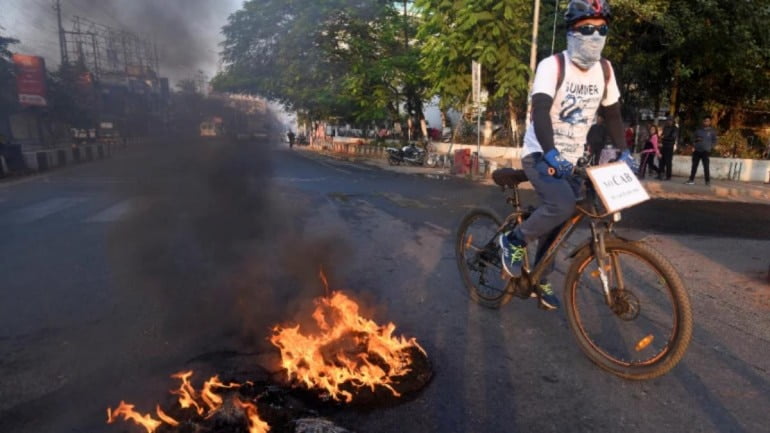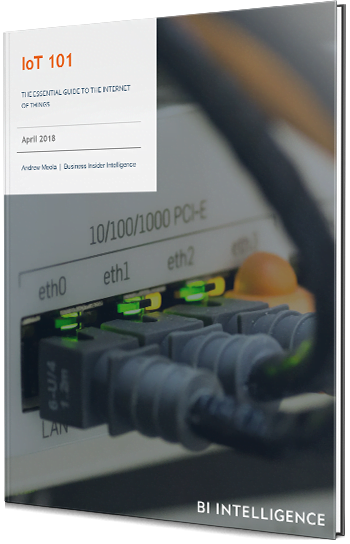

After days of chaos in Assam over the Citizenship (Amendment) Bill, the situation seemed to return back to normal in the city of Guwahati while areas like Tinsukia, Dibrugarh and Jorhat in the upper Assam region remained tense with some cases of violence reported there on Saturday.
In the upper Assam area, vehicles were burnt and mobs indulged in vandalising public property.
On Saturday morning, there was a relaxation in curfew in Guwahati and shops that had remained shut for the last three days, finally opened.

However, the internet remained snapped as the state government feels the use of WhatsApp and social media could trigger rumour-mongering.
This came a day after the All Assam Students’ Union (AASU) called for indefinite curfew, which was in force in Dibrugarh municipal area, but was relaxed for 5 hours. Large number of people had gathered in Chandmari area of Guwahati to observe a fast called by the AASU to protest against the Citizenship Act.
The protests, they said will take the form of a ‘satyagraha’ and be peaceful. “The movement has to be non-violent if we need to succeed and we have to be united in our efforts,” said AASU adviser Samjjul Bhattacharya.
Protests against the amendment in the Citizenship Act, which paved way for persecuted minorities — Hindu, Sikh, Buddhist, Jain, Parsi or Christian — from Bangladesh, Pakistan and Afghanistan to become citizens of India, triggered violence across the state. The army had to be called in to assist state police and central armed police forces.
After two days of protests in Assam, locals said they want peace, however, there were clear indications that the demonstrations won’t end.
“We are peace-loving people and don’t believe in violence. But if immigrant population is allowed to settle here, we will lose our jobs, identity and heritage, Tikendra Chaitya, a resident of Guwahati, said.
There were others who felt unless a solution is found, this unrest won’t end soon. “My generation had never seen such violence. We had only heard of it many years back. It was scary how to see all this,” said 26-year-old Rajib Das.
[“source=indiatoday”]





